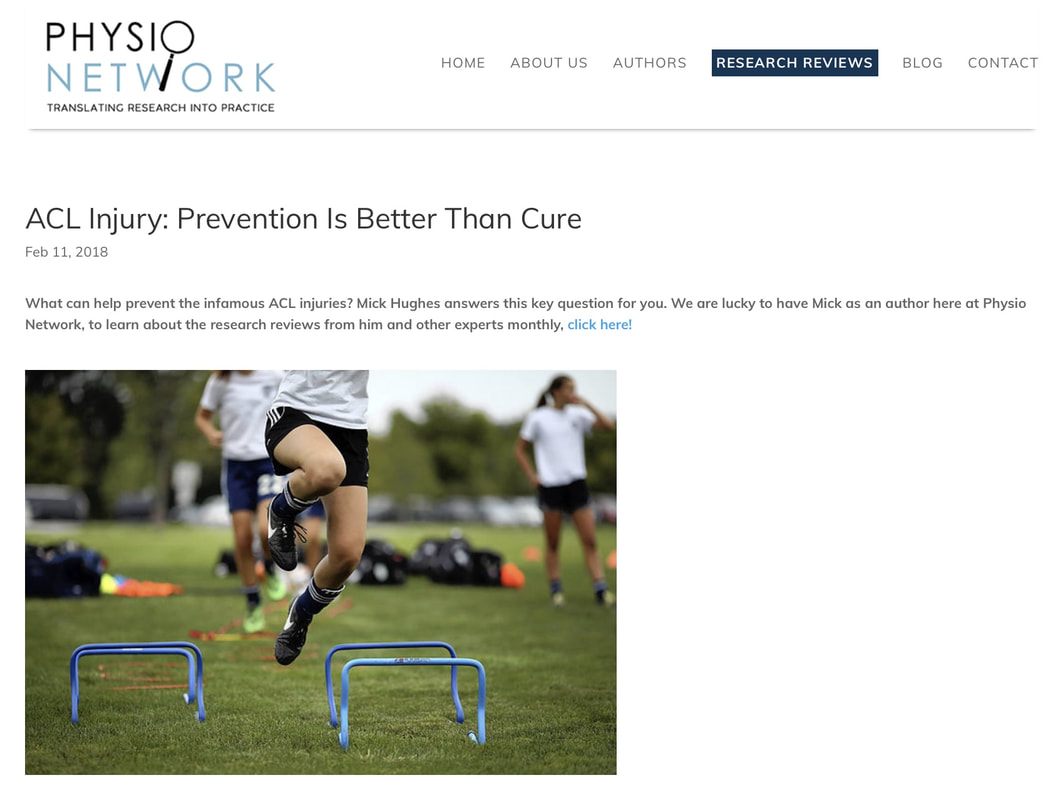I gave a talk a couple of weeks ago to the Warrnambool Sports Practitioner Group and the Warrnambool Trainers Group, talking about management of ACL injuries. There are lots of points of argument in this area, but I think that the focus has to be on two main questions: does everyone who ruptures their ACL need a reconstruction (no, only patients who have functional instability after a period of rehab, about 60% of cases), and what is the best graft (something biological such as hamstring tendons rather than something artificial like goretex or carbon fibre).
There was a lot of general discussion, and of particular interest is the question is prevention of injury. Surely better than surgery! Below are a couple of resources that link to neuromuscular coordination training programmes that have been shown to reduce the risk of ACL injury, and which have the secondary benefits of improving balance strength and speed, which are surely of benefit to athletes?
If you are interested in reading further, I have attached the links to the original sites. The world expert in the area is Lars Engebretsen, from Norway, who is the senior author of the International Olympic Committee statement linked below.
Hopefully our trainers will be able to incorporate these training methods into player preparation, particularly young athletes, and we can stem the tide of ACL injuries and reduce the need for surgery in the longer term. Meantime, those with ACL injuries should not be bullied into having surgery or into having "the latest thing" in artificial grafts, but should sit down with a knowledgable and experienced surgeon who can discuss the balance of what is truly important to them.
There was a lot of general discussion, and of particular interest is the question is prevention of injury. Surely better than surgery! Below are a couple of resources that link to neuromuscular coordination training programmes that have been shown to reduce the risk of ACL injury, and which have the secondary benefits of improving balance strength and speed, which are surely of benefit to athletes?
If you are interested in reading further, I have attached the links to the original sites. The world expert in the area is Lars Engebretsen, from Norway, who is the senior author of the International Olympic Committee statement linked below.
Hopefully our trainers will be able to incorporate these training methods into player preparation, particularly young athletes, and we can stem the tide of ACL injuries and reduce the need for surgery in the longer term. Meantime, those with ACL injuries should not be bullied into having surgery or into having "the latest thing" in artificial grafts, but should sit down with a knowledgable and experienced surgeon who can discuss the balance of what is truly important to them.



 RSS Feed
RSS Feed
